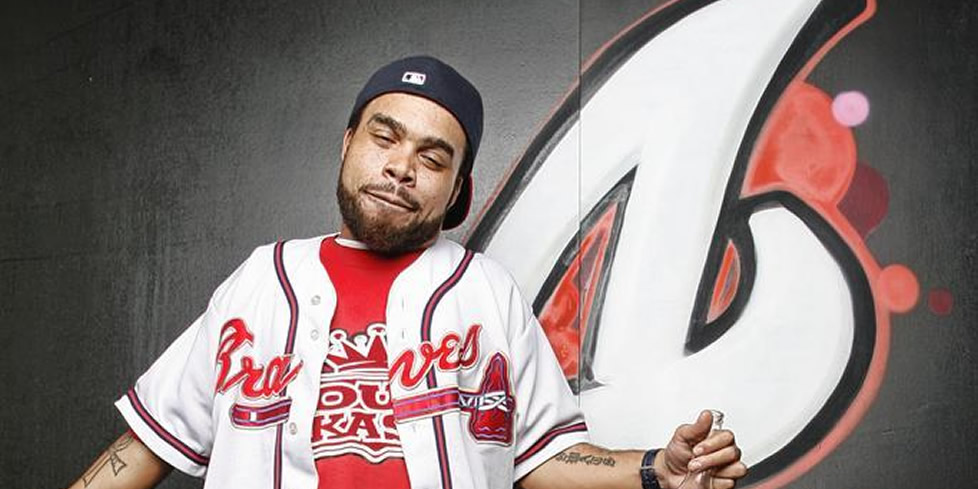 “We spend too much time trying to connect,” said Bem as we spoke via video chat on a Wednesday morning.
“We spend too much time trying to connect,” said Bem as we spoke via video chat on a Wednesday morning.
The statement rang clear. Between the two of us we spent about 20 minutes trying to figure out our technology before we could even begin to converse, but who knew that a simple statement as such would be so relevant to the remainder of our conversation.
After so much activity in Atlanta after Outkast ATLast concert and the A3C Hip Hop Festival, Bem explained how it is important to reflect on the changing times in the city and the cultural landmarks being set all around us.
Are the creatives of the city finally getting a seat at the table? Bem spoke of Jason Carter’s E.A.T. (Entertainment Art Technology) event which focused on “creating economic empowerment within the creative economy.” (Sounds pretty similar to the ACE panel Bem coordinated months ago, but who I am to discredit a politician for trying his luck for the creative vote? A strategic move on his behalf.)
It may be a start to a broader conversation, but is it enough? At least that was what I was trying to figure out. Considering the surplus of activity consistently in Atlanta’s creative scene, how are a few politically tied events enough to push forward the movement in the creative community?
“Any creative thing is not a given,” stated Bem.
I can’t argue with that. We strive to be known, respected even, yet struggle to keep our authenticity in our creative work. For ANYONE to consider our opinion in public policy is a step into the right direction. Bem was adamant about the concept.
“Getting people to know and care about the ‘brand’ is first,” he explained, “then work to get them to buy into the brand.”
That’s where we (creatives) are in the market. In the stages of becoming recognized and respected by those willing to fund our creative work.
“When the average person of Atlanta can recognize creatives the way New York and L.A. does; only then will we have culturally made our mark. When they recognize the names and the movements – when the rest of the world recognizes our impact and give us credit for it!”
How is that done became the topic of discussion. It is futile to discuss the problem with no direction for a solution. Of course, Bem knew this and went on to discuss communication among all avenues (technology, education, major business, entertainment, and politics). He regularly advocates the need for better communication, for he sees it as the only way to solidify change in the community. I don’t know if anyone could disagree as he explained his point.
“Atlanta being number 51 in unemployment for the entire country; even behind U.S. territories,” he stated with distaste, “we’re all looking bad! Everyone needs to realize that we need each other!”
For example, medicine needs technology which needs proper education for innovative creative minds with ideas that can be funded by businesses and policies passed by politicians and implemented by the law. The entire system is connected and every player equally important to this “ecosystem” being created in the city.
“Everyone sits in different corners until they need each other.”
AGREED! Think about it. Most people don’t go to the doctor until they’re sick. Many don’t think about the government until elections. So many of us are guilty of ignoring the big picture on most occasions. Although we all have our own agenda in this ecosystem, ignoring our role won’t help develop it. It is our job to move towards the change and embrace it!
Bem simply called the concept, “A new age duty for social good.”
I can only describe the enthusiasm to which Bem speaks about bringing forward change as intoxicating. Even he recognized that his strongest asset is in speaking, but as he constantly works towards the causes that he always rants about, I can only be left with considering him “a Joseph E. Lowery for a different battle.” A man with a cause and an infectious energy capable of making people want to fight WITH him. That’s where we come in, The Tomorrows, connecting dots to allot the innovation within our community. We may spend too much time trying to connect, but as long as we’re still connecting, the change is inevitable.


